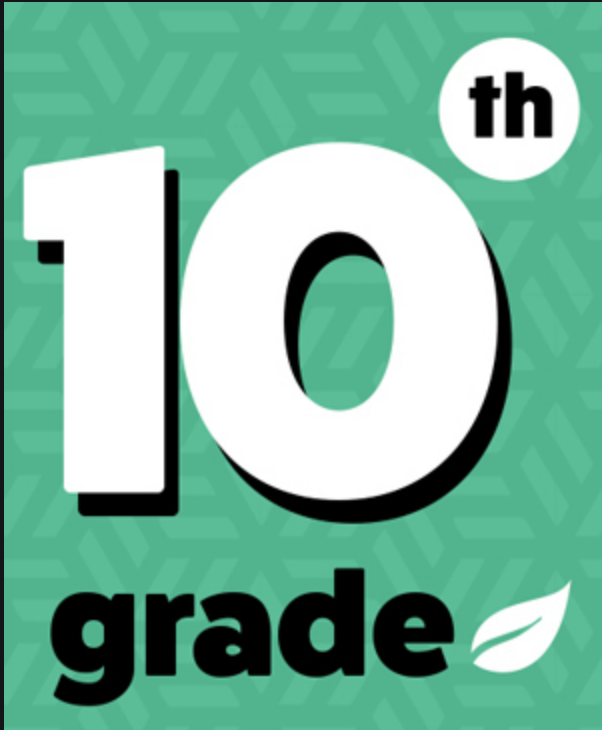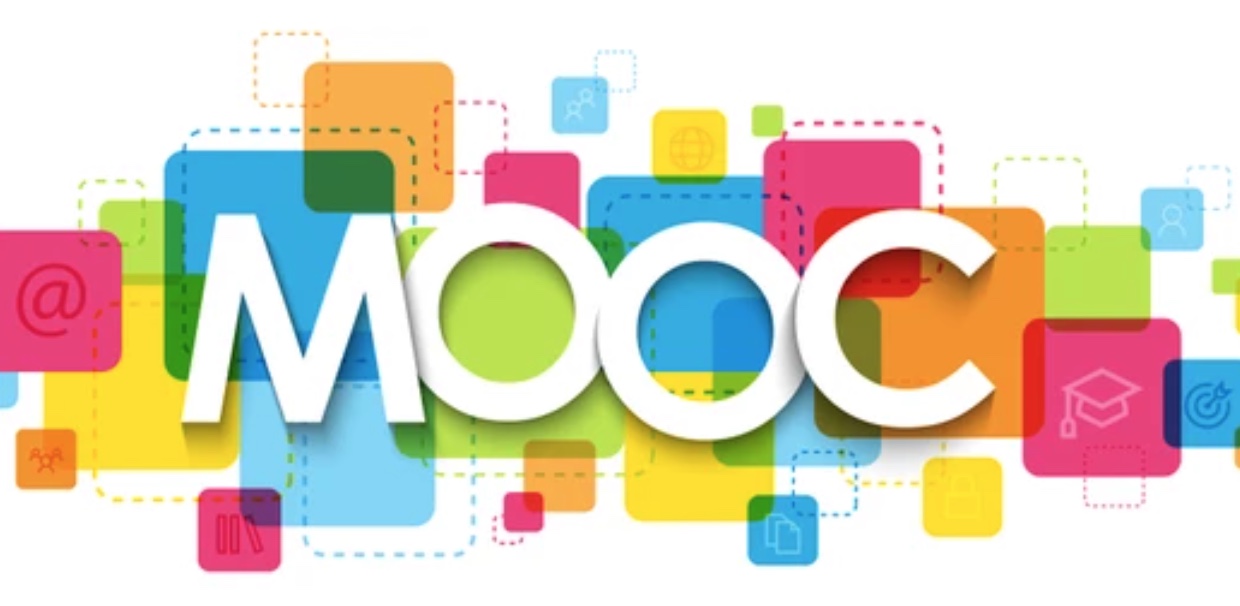A college interview is an ideal time to show that you are more than just paper credentials, essays and recommendations. During this in-person information exchange, the college learns about you and you can learn about the college. It’s the perfect time to highlight your personality and assets as well as to bring up any relevant issues that you don’t have the opportunity to communicate in the application.
Your meeting on-campus, or with an alumni interviewer (typically in your local area) is usually the only in-person data point that colleges have to evaluate you. Colleges value this input to corroborate their picture of you from other sources. It is also an excellent opportunity to convey your genuine interest in a particular college or university, to ask insightful questions and show your good sense of humor, maturity and interpersonal skills.
Most colleges do not require an interview and for many schools it is optional, but recommended. Experts will tell you to take that recommendation seriously. When an interview is recommended, generally those students who interview are accepted at a significantly higher rate.
College interviews and venues vary — depending on the school, student, and situation. Your interview could take place with an admissions officer (on campus or at a college fair) or with an alumni volunteer from your local area (in their home or at a coffee shop). Interviews typically last between thirty and sixty minutes, although longer meetings are not uncommon. Following the meeting, the interviewer typically writes up a report describing his or her conversation and impressions.
The report typically focuses on the candidate’s:
-
Passion — initiative, curiosity, motivation, ability to be self-directed, willingness to take well-calculated risks, depth of commitment, and ability to make the most of situations
-
Personal Qualities — contributions and potential for future contributions to the community, leadership, confidence, teamwork & team building, strength of character, resilience, sense of humor, social skills and verbal ability
-
Context — personal situation – family, high school, community; special accomplishments and/or circumstances
-
Potential to be a Good Match — likelihood of fitting in at the college, being an asset to the student body and attending the college, if admitted
When you approach the interview, keep in mind these actual examples of common words used by interviewers to describe college candidates: achiever, active, arrogant, average, awkward, bland, boring, clever, creative, crowd follower, determined, difficult to interview, disinterested, dull, energetic, enthusiastic, exceptional, exciting, friendly, goal setter, go-getter, happy, independent, lacking social skills, lazy, leader, likeable, lively, negative attitude, nervous, nonchalant, passive, persevering, personable, positive, self-confident, shows initiative, social, solid, talkative, team-player, winning attitude.
If you have composed a college resume, it’s a great idea to bring it with you to the interview. If you offer it to the interviewer during you initial hellos, he or she will gain some immediate knowledge and perspective about you. You resume will also provide a good basis for conversation talking points that can result in a more substantive conversation. Furthermore, your resume will probably be very helpful to the interviewer when he or she refers back to it to reflect on your interview and compose the interview report.
Before the interview, it’s a good idea to become familiar with the college by reading the brochure and/or doing some research on the Internet. If you have specific interests or general questions (e,g. courses of study, sports, activities, campus environment etc.) the interview is an excellent time to ask them. Generally the interviewer will allow time for questions at the end. Be prepared. Keep in mind that there are good questions and bad questions. Questions with answers that could easily be found on the college web site can be interpreted as showing lack of preparation or interest. Asking an alumni interviewer about his or her most memorable class, professor or experience at the school will probably get you a better response than questioning about a current course that the interviewer probably does not know about. Finally, make sure you can “talk the talk” about anything and everything on your resume.
It’s a good idea to practice for the interview by thinking about answers to some frequently asked questions:
-
Why do you want to attend College XYZ?
-
What has been your greatest experience in high school?
-
What are you most proud of?
-
What is your strongest/weakest point?
-
Tell me about your self / family / friends / interests / favorite class/ goals / activities / goals for the future
-
What’s your favorite book or web site?
-
What would you improve about your high school?
-
Have you visited College XYZ? How have you researched the school?
-
Have you ever rebounded from a setback? Describe how?
The interview is just one factor in the admissions decision, and for many schools it’s not a key decision point. So, try to calm your nerves and let your best personality shine through. Be polite, on time and dress appropriately. Even if the interviewer tells you that casual attire is fine, don’t show up with ripped or rumpled clothing! You can make a good impression by being yourself, acting interested and asking good questions.
If there’s something you want to tell the interviewer that might not come up in conversation (e.g. why your sophomore grades were unusually low, why you’ve continued studying a foreign language when it’s negatively affected your GPA), first ask the interviewer if it would be okay to raise an issue that didn’t come across in the application that the admissions officers might consider relevant.
When you prepare for your interviews, think about how you will be perceived, and how your words and demeanor will be communicated to the admissions office.
Author: Lynn Radlauer Lubell is the Publisher of InLikeMe.com, and the Founder of Admission By Design, a College Consultancy, based in Boca Raton, Florida.

Lynn Radlauer Lubell, Publisher of InLikeMe.com and Founder of Admission By Design, an Educational Consultancy based in Boca Raton, Florida.


